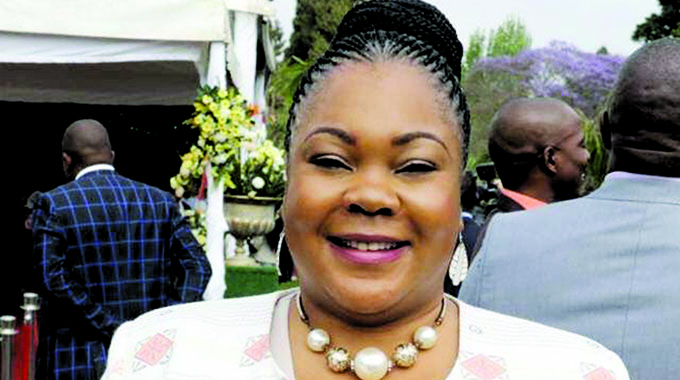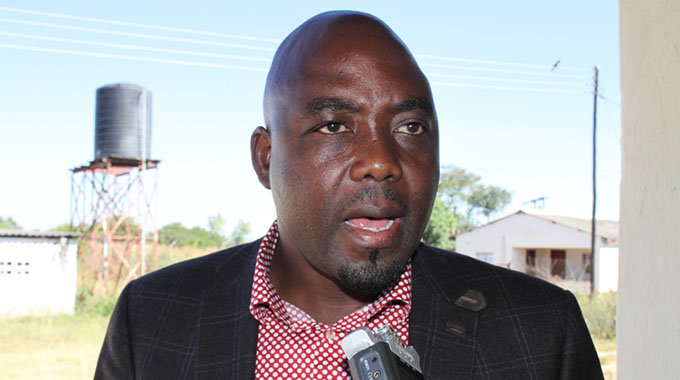Let’s end human-wildlife conflict, say Sadc leaders

Elita Chikwati in Victoria falls
Southern African Heads of State and Government attending the ongoing African Union and United Nations Wildlife Economy Summit here are pushing for communities living with wild animals to benefit from revenue generated from the natural resource to reduce human-wildlife conflict.
This came out during discussions pitting President Mnangagwa, who officially opened the summit yesterday, as well as Presidents Mokgweetsi Masisi (Botswana), Edgar Lungu (Zambia) and Hage Geingob (Namibia).
President Mnangagwa said Southern Africa had kept true to the Godly promise of keeping wildlife in a sustainable manner.
“These animal products are valuable, let us protect and promote them. To succeed, we need to have a model of management which is acceptable to us and other participants at CITES (Convention on International Trade in Endangered Species),” he said.
The President said Zimbabwe had more than 84 000 elephants, a situation leading to human-wildlife conflict.
He said it was important that there was no uniform policy on conservation as this would affect countries differently.
“Let us not have a one size fits all for every situation. Let us adjust,” he said.
Zambian leader President Lungu expressed concern that a few elite were benefiting from wildlife.
“Poaching is rampant because the ordinary communities are not benefiting from wildlife; hence there is little appreciation of the value of wildlife
“We need a mechanism to protect our people because it’s our responsibility,” he said.
President Masisi from Botswana said there was need to maximise value and benefits for the communities.
“We are compelled by a deep belief system that people must benefit so they are defenders and nurturers of that economy as we grow the cake,” he said.
He said this required commitment from all stakeholders.
“Governments are at a collision course with communities because of human-wildlife conflict.
“We are committed to go to full throttle and we will continue to renew this partnership.
“Community rights with regard to wildlife economies must form a new paradigm. We need to take Kaza (Kavango–Zambezi Transfrontier Conservation Area) to another level and contribute to Sustainable Development Goals,” he said.
Namibia President Geingob said there was need for people to live and co-exist with wildlife.
He called for Governments and all stakeholders to be involved.
“The new Africa we are seeing here is a third wave of Africa leadership. The first wave was that of extra-ordinary nationalists who liberated the continent from colonialism.
The Second was the cold war whose era was characterised by coups.
“People are living with animals; they must co-exist, but not fight. We want people involved and Presidents to be involved. In Namibia human-wildlife conflict is high and people want compensation.
“We should get proceeds from ivory and use the money to compensate people and repair their houses and crops,” President Geingob said.











Comments